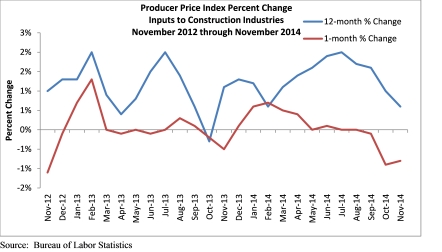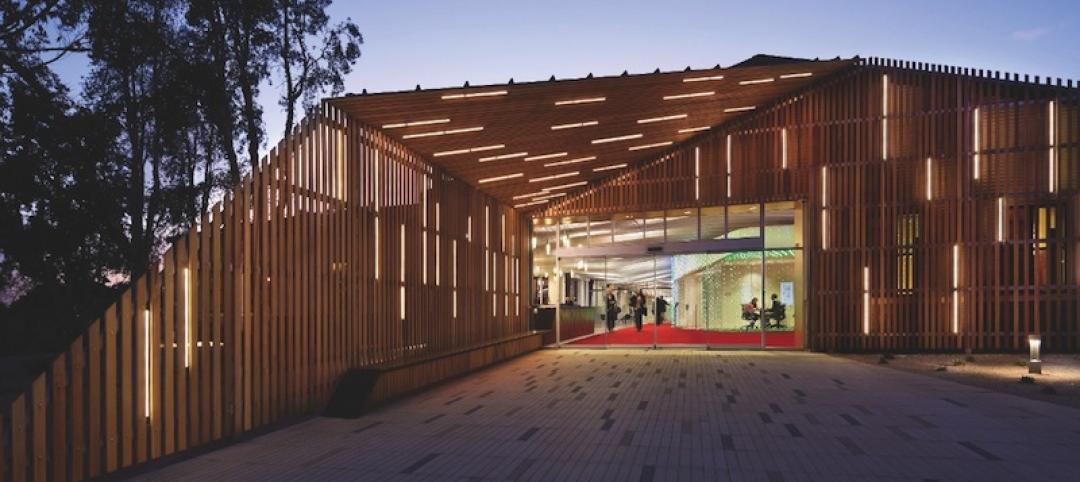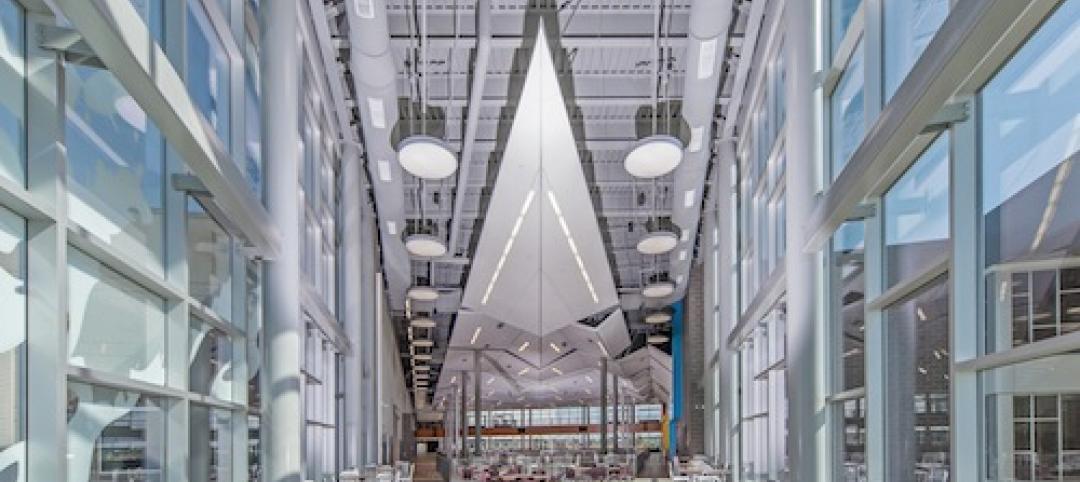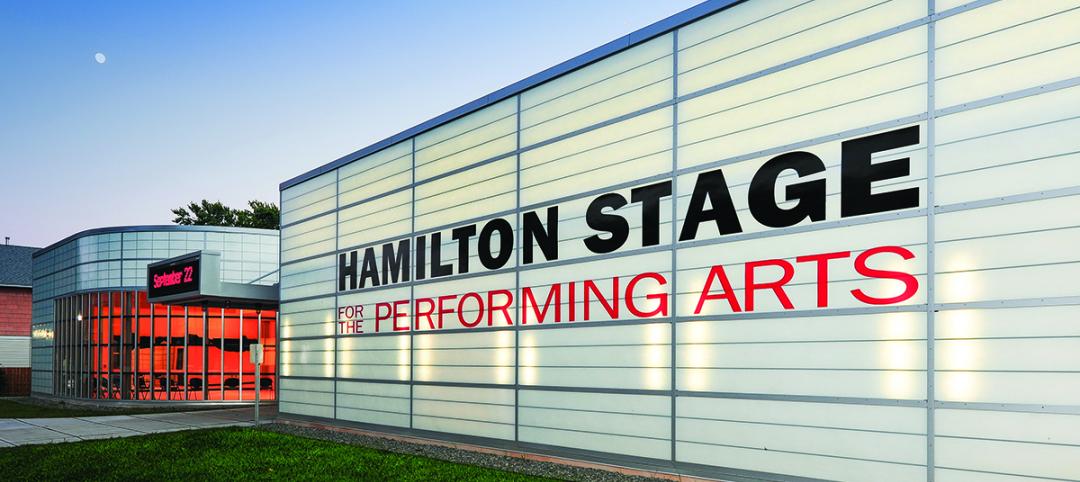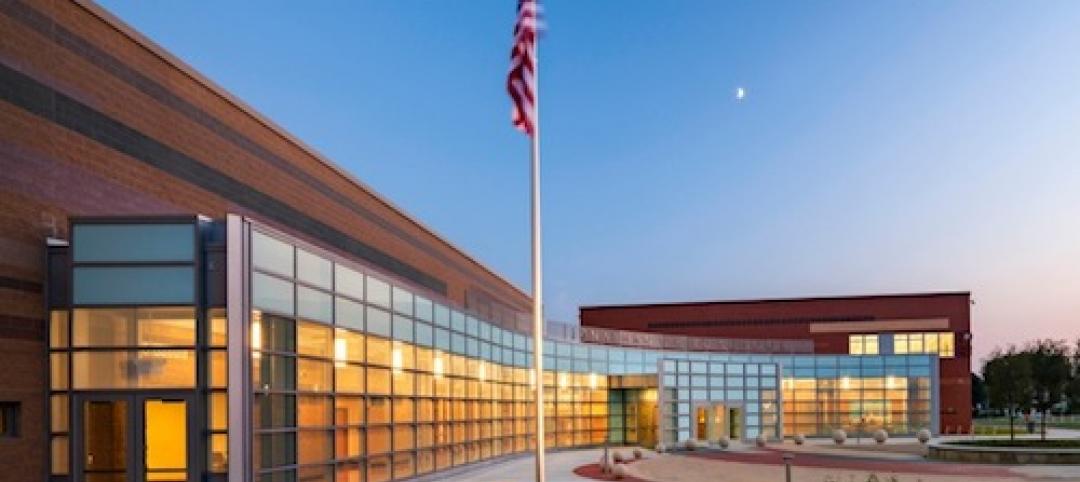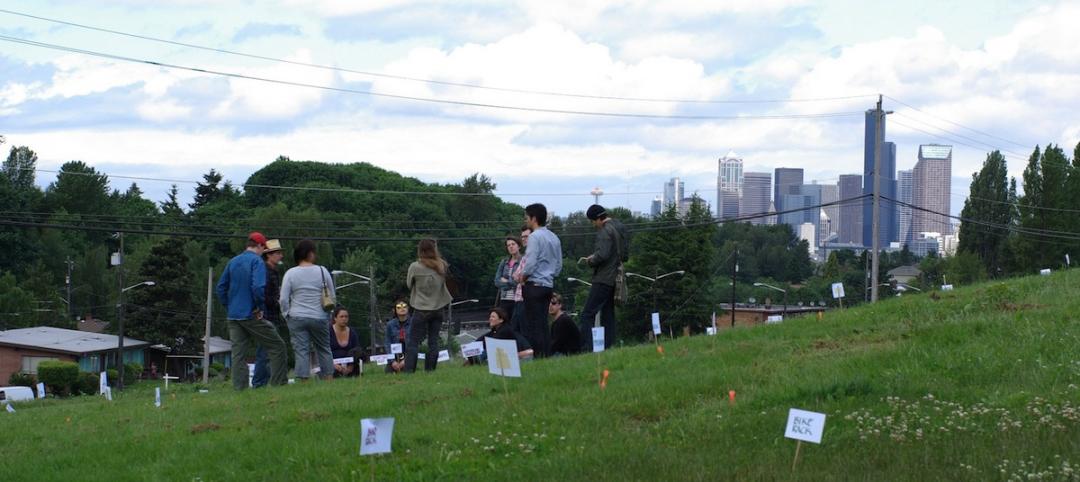Construction input prices dipped 1.4% during the final month of 2014 and are down nearly 1% on a year-over-year basis, according to the Jan. 15 producer price index release from the U.S. Department of Labor.
Inputs to nonresidential construction fell even further, down 1.7% for the month and 1.9% year over year. December's report marks the sharpest decline in input prices since late 2008 during the global financial crisis and the fifth consecutive month construction materials prices have failed to rise.
"Without question, financial markets have been unnerved by the recent declines in oil, copper and other commodity prices, although that jitteriness does not necessarily imply a serious economic problem in America," said Associated Builders and Contractors Chief Economist Anirban Basu. "The fact is the U.S. economy has performed handsomely over the past nine months, according to most metrics, and conventional wisdom suggests that it can continue to expand at or above trend rates of growth despite economic weakening in Europe, China and elsewhere. This is further evidenced by the World Bank's recent downgrade of its forecasts for global growth in 2015 and 2016, while it upgraded its outlook for the United States.
"Overall, the view that U.S. domestic demand for construction services and most other services continues to expand is consistent with the fact that some domestically produced and consumed materials actually registered price increases last month," said Basu. "Note that concrete prices are up by 5% on a year-over-year basis while natural gas prices are up by 10%."
The following materials prices increased in December:
• Prices for plumbing fixtures expanded 0.1% in December and are up 3.1% on a year-over-year basis.
• Concrete products prices expanded 0.7% in December and are up 5% on a yearly basis.
• Natural gas prices expanded 19.7% in December and are 10% higher than one year ago.
• Fabricated structural metal product prices grew 0.3% for the month and have expanded 1.5% on a year-over-year basis.
• Seven of the 11 key construction inputs did not experience price increases for the month.
• Iron and steel prices fell 1% in December and are down 3.9% from the same time last year.
• Nonferrous wire and cable prices fell 1.6% on a monthly basis and 1.5% on a yearly basis.
• Prices for prepared asphalt, tar roofing, and siding fell 1% for the month but are up 1.9% on a year-ago basis.
• Steel mill products prices fell 1.3% for the month but are 0.4% higher than one year ago.
• Softwood lumber prices fell 1.3% in December but are 0.3% higher than one year ago.
• Crude petroleum prices fell 18.9% in December and are down 37.1% from the same time last year.
• Crude energy materials prices fell 4.7% in December but are 19.6% lower year-over-year.
Related Stories
| Apr 15, 2013
Advanced lighting controls and exterior tactics for better illumination - AIA/CES course
To achieve the goals of sustainability and high performance, stakeholders in new construction and renovation projects must rein in energy consumption, including lighting. This course presents detailed information about lighting control strategies that contribute to energy efficient buildings and occupant well-being, as well as tips for lighting building exteriors effectively and efficiently.
| Apr 15, 2013
eBay, Microsoft, Walt Disney World among keynote speakers for 2013 SMPS Conference, July 31 – August 2 in Orlando
The Society for Marketing Professional Services (SMPS) is pleased to announce the keynote speakers for ?Build Business: Dream Big!,? its 2013 conference to be held July 31 – August 2 at the Walt Disney World® Swan and Dolphin in Orlando.
| Apr 15, 2013
Using software and the power of the cloud to connect your back office to your field operations [webinar]
This webinar will focus on a new software subscription service that will help construction companies, general and specialty contractors connect their back office infrastructure with all of their field operations. The service will help capture, manage and report on the progress of existing construction jobs and help in the planning of new ones.
| Apr 12, 2013
Nation's first 'food forest' planned in Seattle
Seattle's Beacon Food Forest project is transforming a seven-acre lot in the city’s Beacon Hill neighborhood into a self-sustaining, edible public park.


